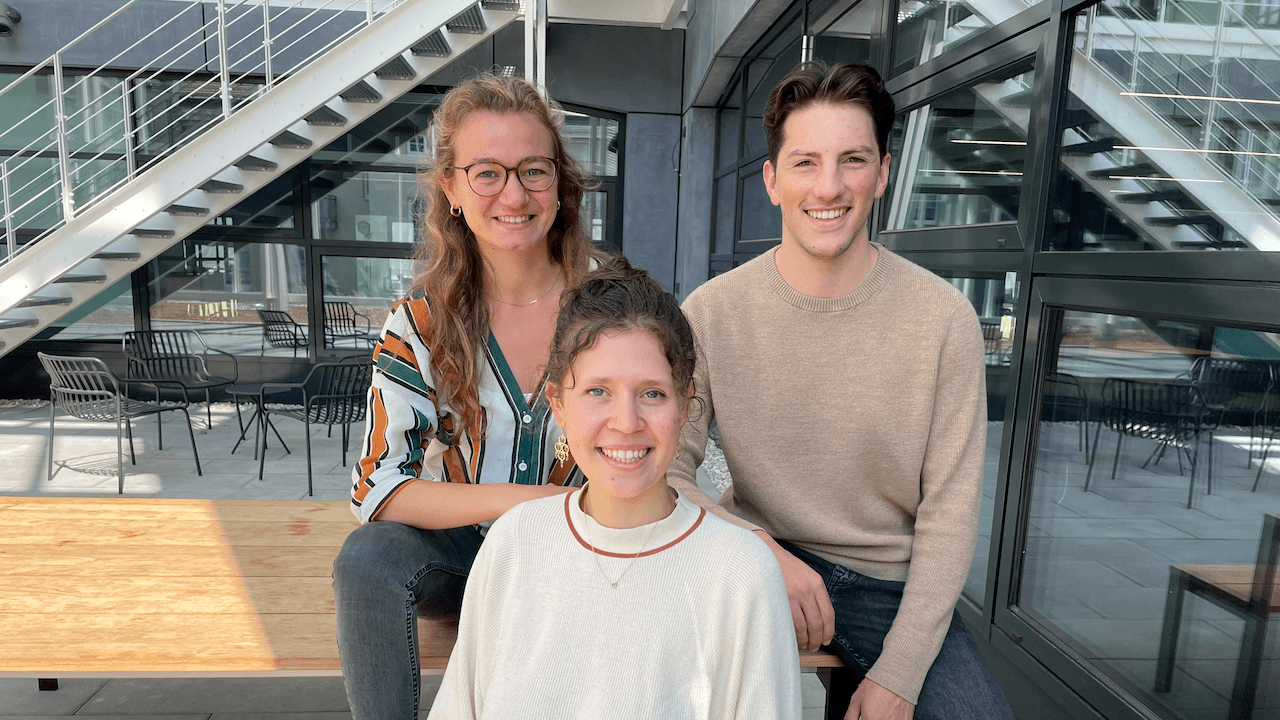Today RYVER.AI, a Munich-based healthtech startup, secured a €1.3 million Pre-Seed round.
The company seeks to solve the data bottleneck in medical imaging AI without compromising patient privacy. It develops generative AI to create diverse sets of artificial radiology images that can not be distinguished from the real world.
Responding to the challenges of ethical bias
Technical co-founders Kathrin Khadra and Simona Santamaria, who have a research background in ethics in AI, found that medical AI is not performing reliably across all patient demographics or geographic regions.
Various studies have shown that AI-enabled diagnostics in radiology is performing significantly worse for certain demographic and ethnic minorities, leading to structural underdiagnosis of those underrepresented patient groups. This is because datasets to train and test medical AI are heavily biased.
About 80 percent of FDA-approved medical AI solutions focus on analysing Radiology images (e.g. XRay, CT, MRI), and suffer from a lack of diverse data.
In response, companies spend up to 12 months negotiating collaborations with hospitals or pay up to €500 per radiology image for data acquisition and annotation.
RYVER.AI develops generative models that enable medical AI developers to generate diverse sets of synthetic test and training data in minutes and at substantially reduced cost.
It protects patient privacy as the synthetic data is not linked directly to real-world patients. The technology is available to various companies, from specialised startups to large medtech and pharmaceutical firms.
Co-founder and CTO Kathrin Khadra explains:
"Our generative AI understands the characteristics of radiological images and the subtle differences between patient groups, scanners and pathologies.
Based on this understanding, entirely new images can be generated. As the synthetic data is basically fictitious and not directly linked to a real patient, this is one of the most secure approaches of data anonymisation.
To check both data quality and data protection in detail, we combine complex mathematical methods with the expert opinion of radiologists."
Nina Capital led the €1.3 million pre-seed investment . Other notable investors include BayernKapital and Fund F.
Marta Gaia Zanchi, Managing Partner of Nina Capital, shared:
"Most medical imaging data is biased: by definition, it poorly represents underserved communities, new equipment, and rare diseases.
When biased medical imaging data is used for AI development, it ultimately impacts AI's performance in real-world settings: algorithms searching for low-prevalence conditions have significantly lower positive predictive value than higher prevalence conditions, and the AI can "drift" over time.
RYVER.AI's diverse founding team blends not only the expertise and commitment required to tackle such technical challenges but also a strong North Star guiding them toward its ethical application for the pursuit of more affordable, higher quality medical AI."
The funding will help grow the AI engineering team and finance the computational cost required to build advanced generative models.
Lead image: RYVIA.AI. Photo: Uncredited.



Would you like to write the first comment?
Login to post comments